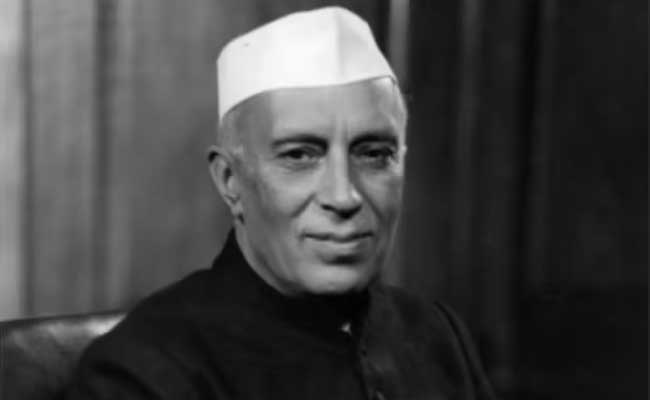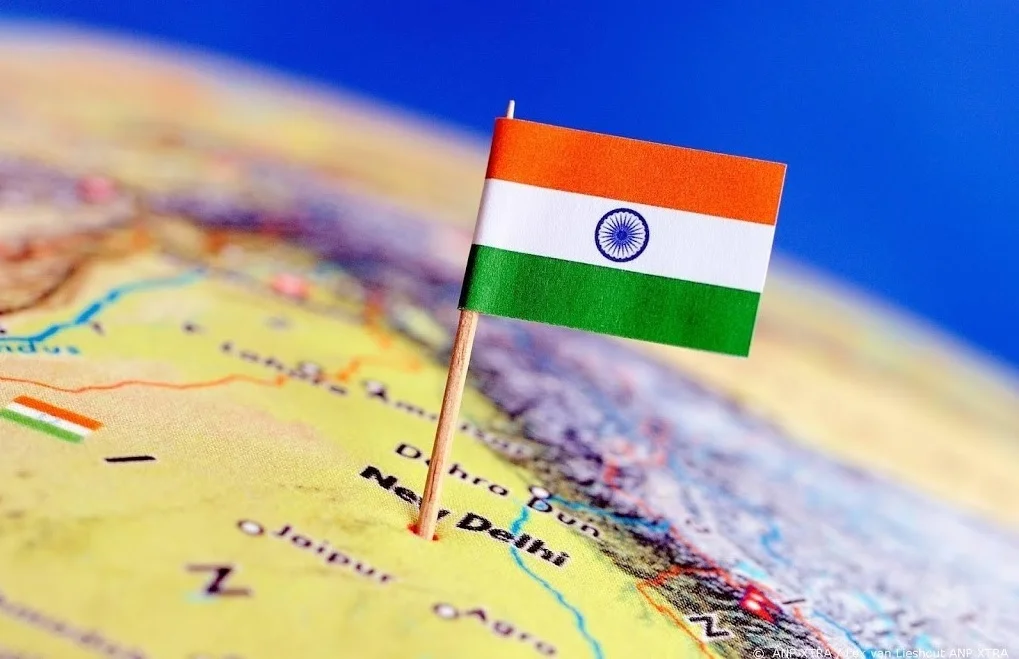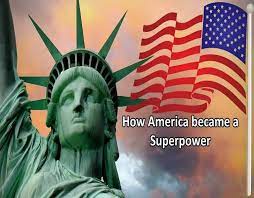Pandit Jawaharlal Nehru: The Visionary Leader Who Shaped India’s Destiny
Pandit Jawaharlal Nehru, also known as Panditji, was the first Prime Minister of India, serving from 1947 to 1964. He was a great visionary and a charismatic leader who played a pivotal role in shaping India’s destiny. Born on November 14, 1889, in Allahabad, Nehru was the son of Motilal Nehru, a prominent lawyer and a prominent leader in the Indian independence movement. Nehru was educated in England and became a barrister, but his heart was always with the Indian independence movement.
Early Life and Career
Nehru was born into a family of great wealth and privilege, but he was deeply influenced by the nationalist movement that was sweeping through India at the time. As a young man, he became involved in the Indian National Congress, and he quickly rose through the ranks of the organization. In 1929, he was elected as the President of the Congress, and he served in that role for several years.
During the early years of his political career, Nehru was primarily focused on India’s struggle for independence from British rule. He was a tireless advocate for the rights of the Indian people, and he worked tirelessly to build support for the movement both within India and abroad.
Leadership During India’s Struggle for Independence
In the years leading up to India’s independence, Nehru emerged as one of the most important leaders of the independence movement. He worked closely with other prominent leaders such as Mahatma Gandhi and Sardar Patel to build support for the movement, and he played a key role in the negotiations that ultimately led to India’s independence.
Nehru was a strong advocate for democracy, and he believed that India should be a secular, socialist state that was committed to social justice and economic equality. He was deeply committed to building a society that was free from the inequalities and injustices that had plagued India for centuries, and he worked tirelessly to build support for these ideals both within the Congress and throughout the country.
As India’s first Prime Minister, Nehru faced many challenges as he worked to build a new nation. He was faced with the daunting task of creating a modern, industrialized country from a society that had been largely agrarian for centuries. He was also faced with the challenge of building a cohesive nation out of a society that was deeply divided by language, religion, and culture.
Nehru’s Vision for India
Despite these challenges, Nehru remained committed to his vision for India. He believed that India should be a modern, industrialized nation that was committed to social justice and economic equality. He worked tirelessly to build a strong, centralized government that could guide the nation through the challenges of nation-building.
One of Nehru’s most important contributions to India was his commitment to building a strong, secular state. He believed that India should be a nation that was free from religious and sectarian conflict, and he worked tirelessly to build a society that was tolerant and inclusive of all religions and cultures. He was deeply committed to the idea of Indian unity, and he worked tirelessly to build a cohesive nation out of a society that was deeply divided by language, religion, and culture.
Nehru was also a strong advocate for education, and he believed that education was the key to India’s future. He worked tirelessly to build a strong educational system that could provide all Indian citizens with the skills and knowledge they needed to succeed in a rapidly changing world.
Legacy and Impact
Nehru’s impact on India was immense. He was instrumental in building a strong, centralized government that could guide the nation through the challenges of nation-building.
![]()





